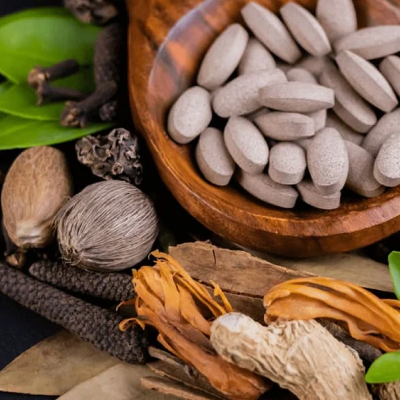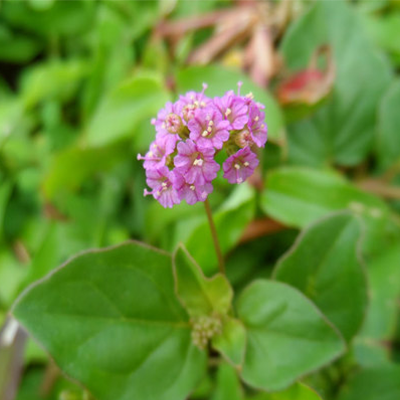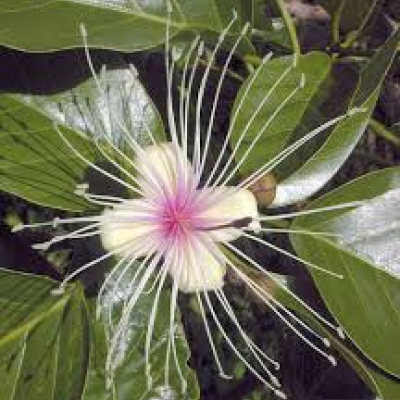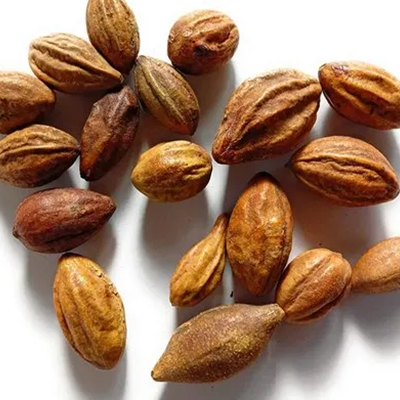Goitre refers to an abnormal enlargement of the thyroid gland, located at the base of the neck. This condition may or may not indicate an underlying thyroid dysfunction. The thyroid gland plays a critical role in regulating metabolism through the hormones thyroxine (T4) and triiodothyronine (T3).
Types of Goitre and Their Causes
1. Simple (Diffuse) Goitre:
Causes:
- Iodine deficiency (most common worldwide).
- Increased demand for thyroid hormones during puberty, pregnancy, or lactation.
Features:
Enlargement of the thyroid gland without nodules.
2. Nodular Goitre:
Causes:
- Genetic predisposition.
- Thyroid adenomas or cysts.
Features:
Presence of one (solitary) or multiple (multi-nodular) nodules in the thyroid gland.
3. Toxic Goitre:
Causes:
- Graves' disease (autoimmune condition leading to hyperthyroidism).
- Thyroid adenomas that produce excess hormones.
Features:
Excess thyroid hormone production leading to symptoms of hyperthyroidism.
4. Hypothyroid (Endemic) Goitre:
Causes:
- Severe iodine deficiency leading to reduced hormone production.
Features:
Swelling of the thyroid gland with symptoms of hypothyroidism.
5. Inflammatory Goitre (Thyroiditis):
Causes:
- Infections or autoimmune diseases (e.g., Hashimoto's thyroiditis).
Features:
Painful or painless swelling with symptoms of hypothyroidism or hyperthyroidism, depending on the stage.
Symptoms of Goitre:
1. General Symptoms (Common to All Types):
- Visible swelling in the neck.
- Difficulty swallowing or breathing (in severe cases).
- Hoarseness or voice changes.
2. Symptoms of Hypothyroid Goitre:
- Fatigue, weight gain, and cold intolerance.
- Dry skin, constipation, and depression.
3. Symptoms of Hyperthyroid Goitre:
- Weight loss despite increased appetite.
- Palpitations, sweating, and heat intolerance.
- Tremors, irritability, and insomnia.
4. Symptoms of Nodular Goitre:
- Lump in the neck, which may or may not cause pain.
- Possible thyroid dysfunction symptoms depending on hormone levels.
Diagnosis of Goitre
1. Clinical Examination:
Palpation of the thyroid gland to detect enlargement or nodules.
2. Thyroid Function Tests:
- TSH (Thyroid-Stimulating Hormone): Indicates hypo- or hyperthyroidism.
- T3 and T4 Levels: Help confirm thyroid dysfunction.
3. Imaging Tests:
- Ultrasound: Determines the size and type (diffuse or nodular) of goitre.
- Radioactive Iodine Uptake Scan: Identifies overactive (hot) or underactive (cold) nodules.
4. Fine-Needle Aspiration Biopsy (FNAB):
- Helps rule out thyroid cancer in nodular goitres.
5. Iodine Levels:
- Measures iodine deficiency or overload.
Ayurvedic Perspective on Goitre
In Ayurveda, goitre can be correlated with Galaganda, described in ancient texts like Charaka Samhita and Sushruta Samhita. It is primarily caused by an imbalance in Vata and Kapha doshas, along with the accumulation of Ama (toxins) in the body.
Pathogenesis (Samprapti):
1. Dosha Imbalance:
- Kapha dosha causes glandular swelling and sluggishness.
- Vata dosha affects the movement and metabolism in the thyroid gland.
2. Ama Accumulation:
- Weak Agni (digestive fire) leads to toxin buildup, obstructing normal thyroid function.
Ayurvedic Treatment for Goitre
Shodhana (Detoxification):
- Virechana (Purgation): Eliminates excess Kapha and Ama.
- Nasya (Nasal Therapy): Helps reduce swelling and improves glandular function.
External Therapies:
- Lepa (Herbal Paste): Apply medicated paste with Kanchanar or Manjistha on the swelling.
- Abhyanga (Oil Massage): With warm medicated oils like Ashwagandha Bala Taila.
Diet Recommendations:
Include:
- Iodine-rich foods like seaweed, yogurt, and eggs.
- Digestive spices like cumin, turmeric, and black pepper.
Avoid:
- Raw goitrogenic foods like cabbage, broccoli, and soy.
- Processed, oily, or heavy foods.
Lifestyle Modifications:
- Practice yoga poses like Sarvangasana (Shoulder Stand) to stimulate thyroid function.
- Pranayama (breathing exercises) like Nadi Shodhana for stress relief.
- Maintain a regular sleep cycle to balance Vata.
Herbal Remedies:
Kanchanar Guggulu:
Specific for goitre, nodules, and glandular swelling.
Punarnava (Boerhavia diffusa):
Reduces inflammation and swelling.
Varuna (Crataeva nurvala):
Improves circulation and lymphatic drainage.
Ashwagandha (Withania somnifera):
Supports thyroid function and reduces stress.
Haritaki (Terminalia chebula):
Enhances digestion and clears Ama.








